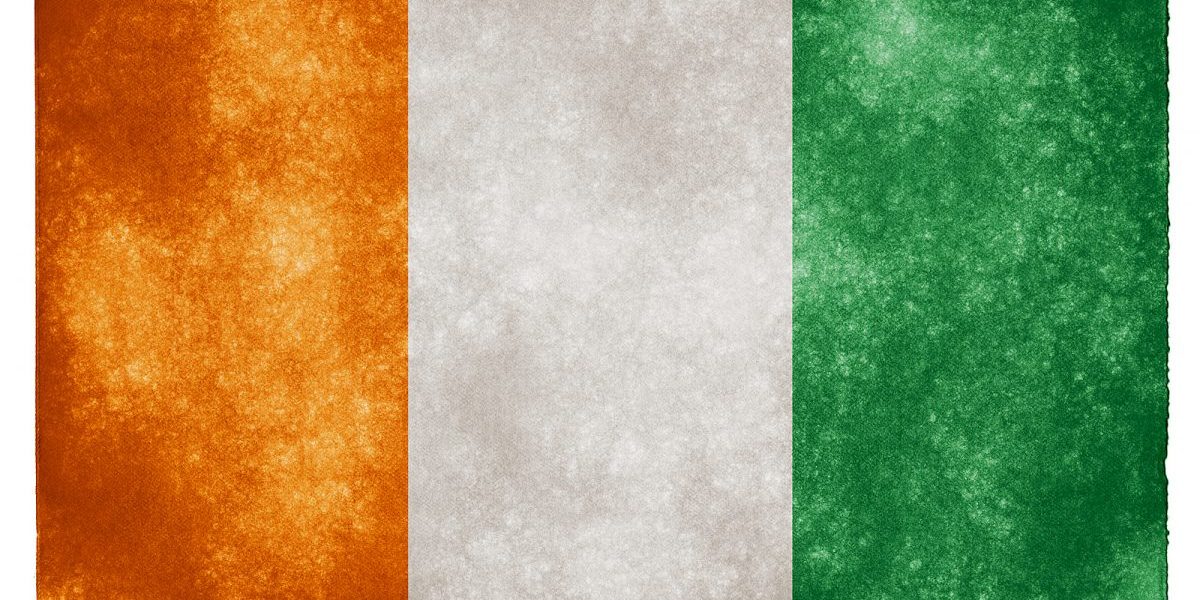One refuses to leave power and the other wants to exercise the right bestowed on him by the country’s voters and take over as president. However, as fighting breaks out in the area bordering Liberia, added to growing violence in the capital Abidjan, a further extremely worrying question needs to be raised – is this region witnessing a resurgence of “warlordism” via Côte d’Ivoire’s political crisis?
“Warlord” is a term used to describe the violent political entrepreneurs who drove the civil wars in Liberia and Sierra Leone in the 1990s. Charles Taylor, who destabilised neighbouring Sierra Leone and Guinea in order to build up his power in Liberia, is often cited as the archetypal figure. But he was not the only one, and similar figures have emerged in different countries in the sub-region, such as Foday Sankoh in Sierra Leone.
The end of Sierra Leone’s civil war in 2002 and that of Liberia in 2003 has undoubtedly restricted the opportunities for such entrepreneurs of violence. But they have not completely gone away. Dadis Camara, the tempestuous junta leader in Guinea in 2008 and 2009, displayed some unmistakable warlord characteristics during his eleven months in power, as does militia leaders who currently hold sway over parts of Western Côte d’Ivoire, such as the leader of the pro-Gbagbo Miloci (Mouvement ivoirien pour la libération de l’Ouest de la Côte d’Ivoire), Pasteur Gammi.
So what are those characteristics when applied to the West African region? Beyond the more obvious aspects of recruiting, arming and leading informal militia groups, three stand out. Firstly, the region’s warlords tend to mobilise people through notions of “spiritual renewal” or “adventure” almost always couched in religious or at least mystical terms. This augments their legitimacy in the eyes of their supporters, and stimulates fear.
It also offers young men who have been frustrated in their attempts to get ahead in society through the normal channels of education and work a chance to begin on a new path where illicit wealth, power and spiritual renewal are often seen as closely linked. This mystical aspect, although highly unstable (warlords themselves are prone to frequent publicised “conversions” between different faiths) is vitally important to understand how the region’s wars have been sustained.
Secondly, warlords frequently play on historical communal grievances, both between neighbouring ethnic groups and more distant colonial or pre-colonial imperial powers. They dig deep into cultural memories to set one community against another – as some analysts have termed it, the “politics of resentment”. This helps to explain why West African warlordism is no respecter of national boundaries.
The “nomad war” it stimulates taps into long term historical patterns, including slave raiding and pillaging, which were transformed but not eradicated by colonisation. The very fact that similarities exist between warlord practices in countries of very different colonial pasts indicates that trans-regional and long term historical forces need to be taken into account.
Thirdly, while drawing on different forms of localism, these warlords are also typically connected to a whole series of international business networks, both licit and, more often, illicit.
The gloomy reality is that the worse case, but not unrealistic, scenario for Côte d’Ivoire at present is that of a protracted and fractious Liberian type conflict. The last ten years of frozen crisis have seen individuals emerge in all parts of the country in the warlord pattern described above, including several of the leaders of the Forces Nouvelles rebel group.
Most worrying of all is that the incumbent president Laurent Gbagbo is increasingly looking like a warlord in the making. While it may seem incongruous to compare an incumbent president of a relatively rich country to a warlord, it should not be forgotten that holding state power has always been one strategy among others in the warlord’s armoury. They often use state institutions even as they undermine them. Charles Taylor himself alternated between insurgency and the presidential office.
Ever since coming to power, Gbagbo has been adroit at playing both a conventional political game, and controlling the informal mechanisms typical of warlord politics, including recruitment of militia, tapping into informal economic networks and, strikingly, the use of a discourse of spiritual renewal and cleansing. As he becomes isolated internationally, and as militia loyal to him spring up in Abidjan and along the Liberian border, the conventional politician is increasingly taking a back seat.
If this analysis is right it can only underline the urgency of working towards a political solution as soon as possible to draw the country back from a civil war. Warlord politics and nomad wars tend to become self-sustaining. The wars in Sierra Leone and Liberia lasted twelve and fourteen years respectively. This is certainly not yet inevitable in Côte d’Ivoire, but with each clash between the warring factions, it becomes more likely.








